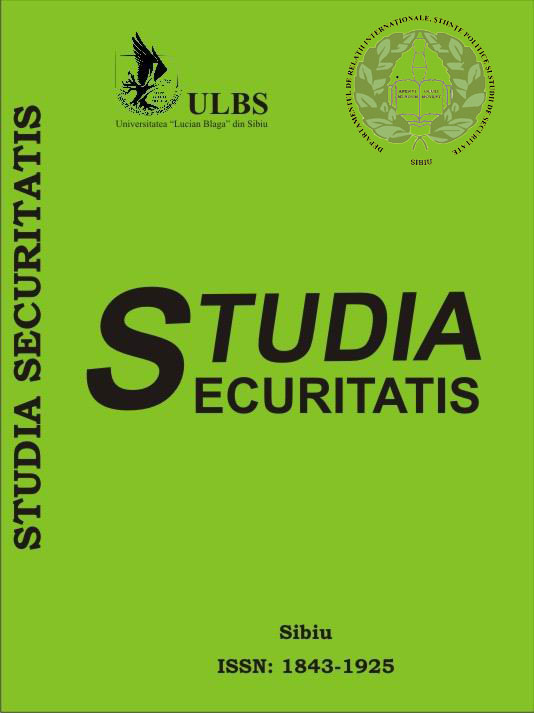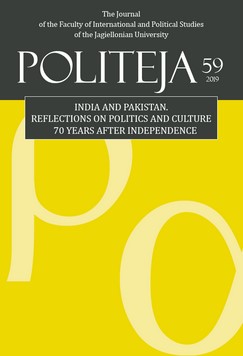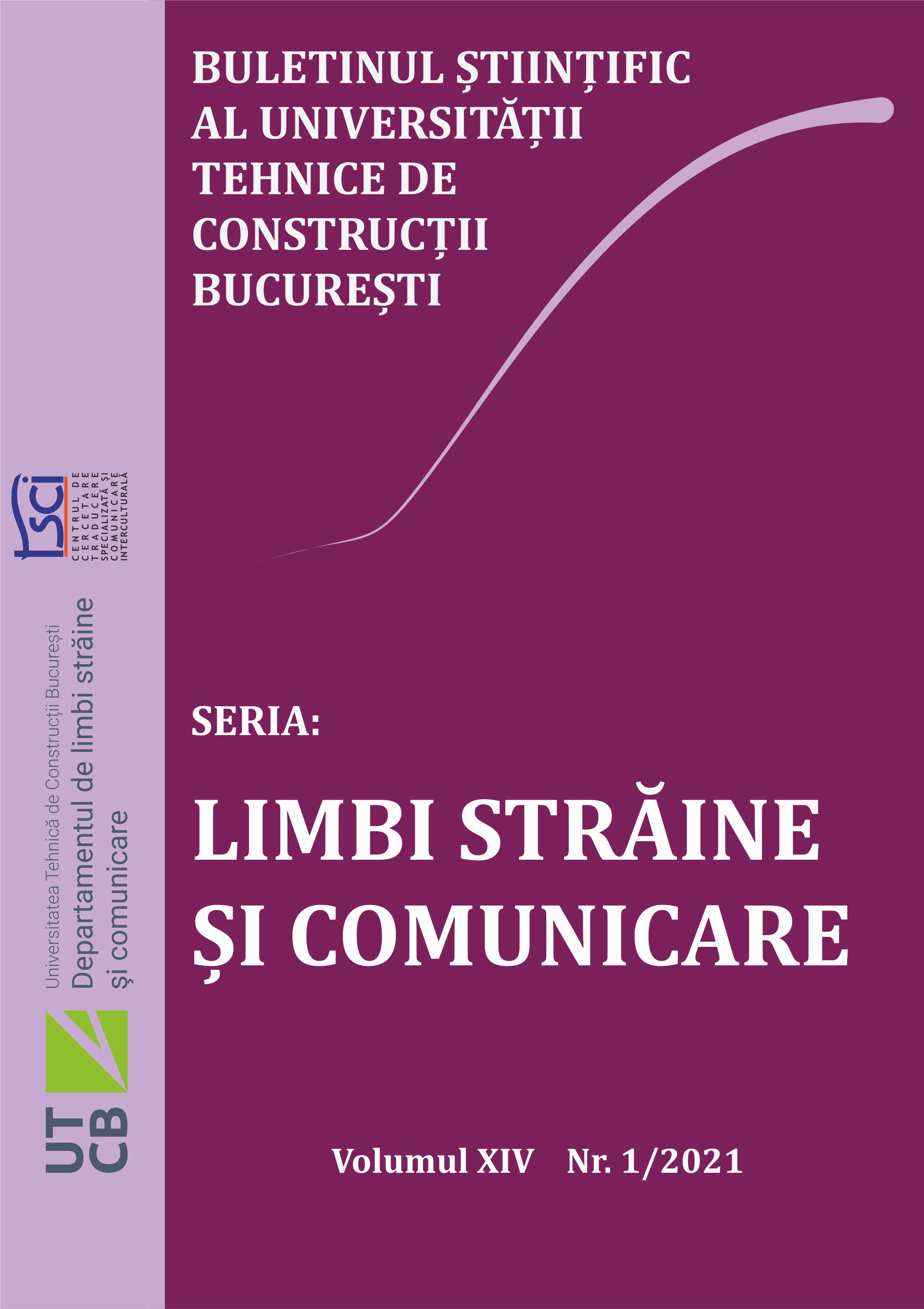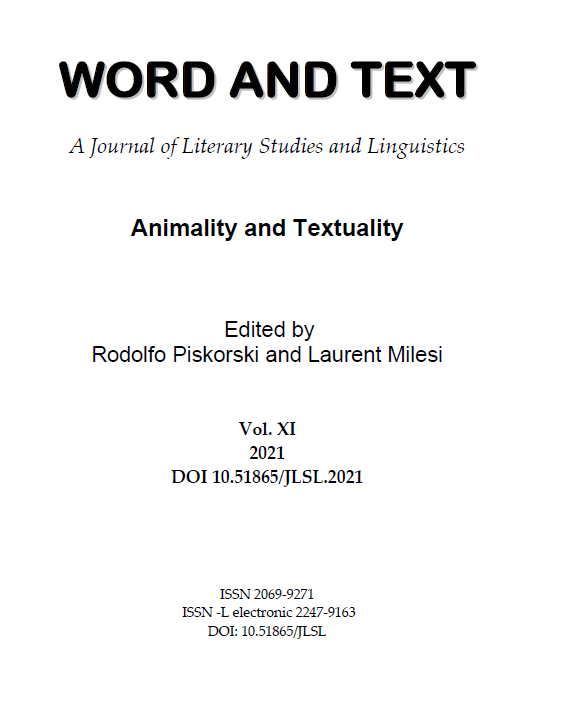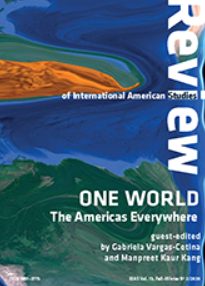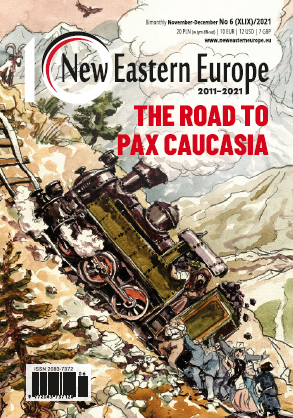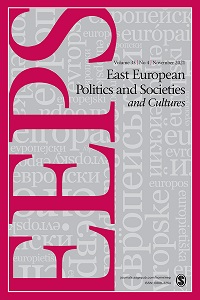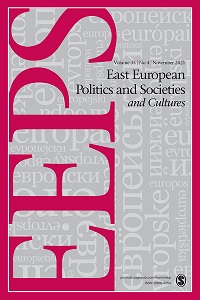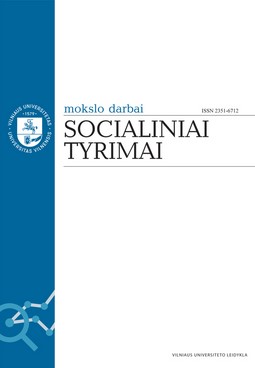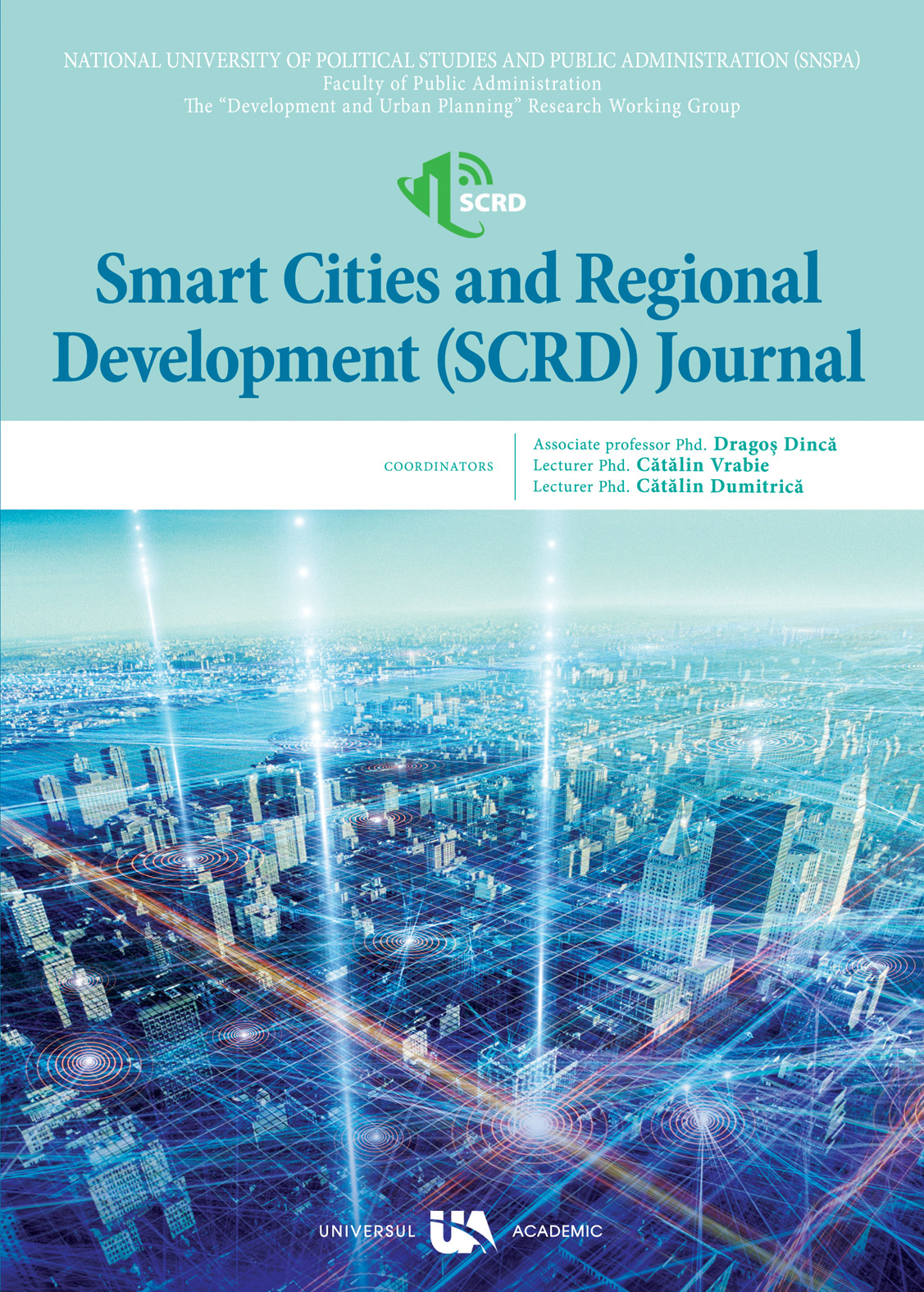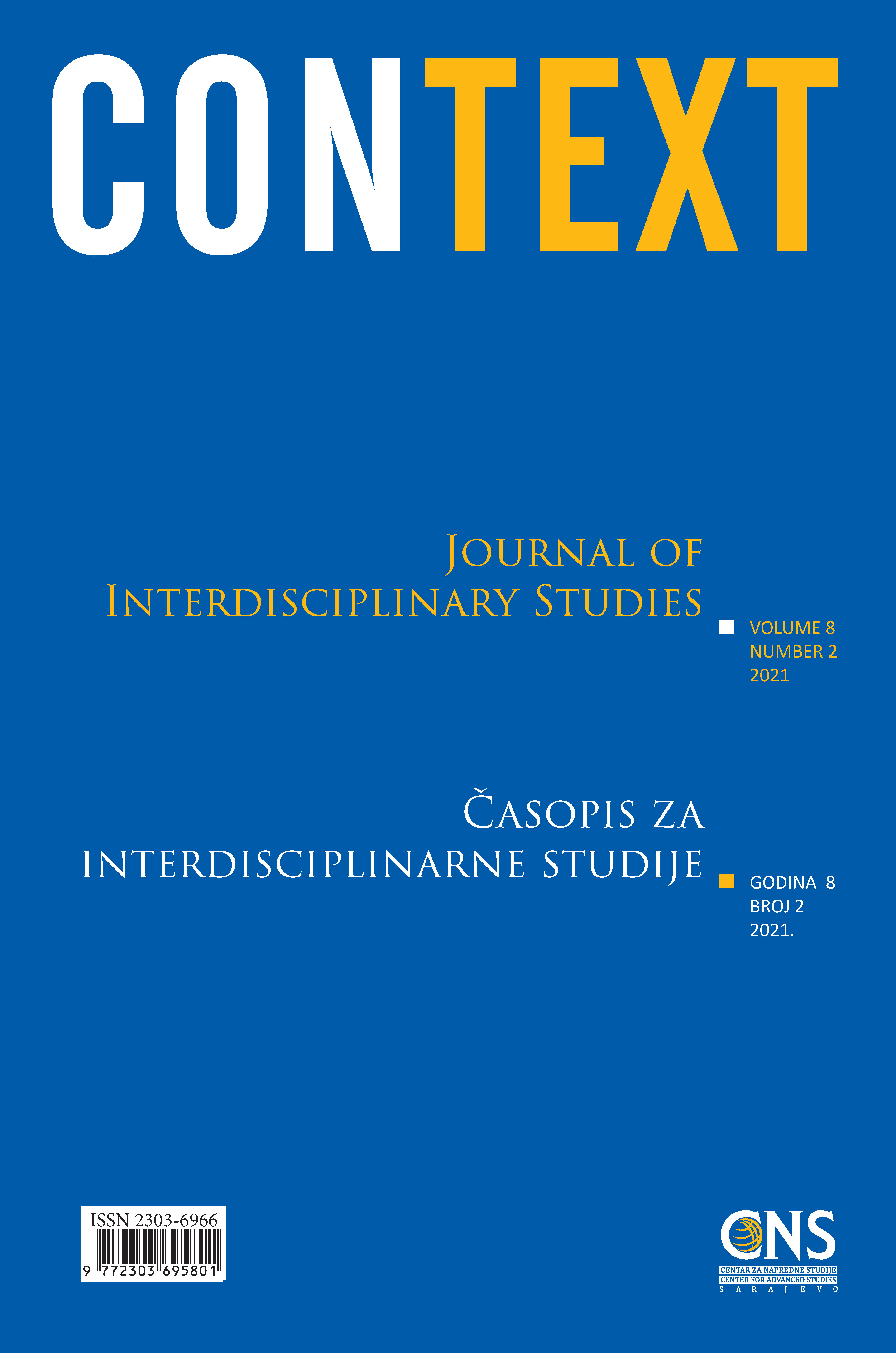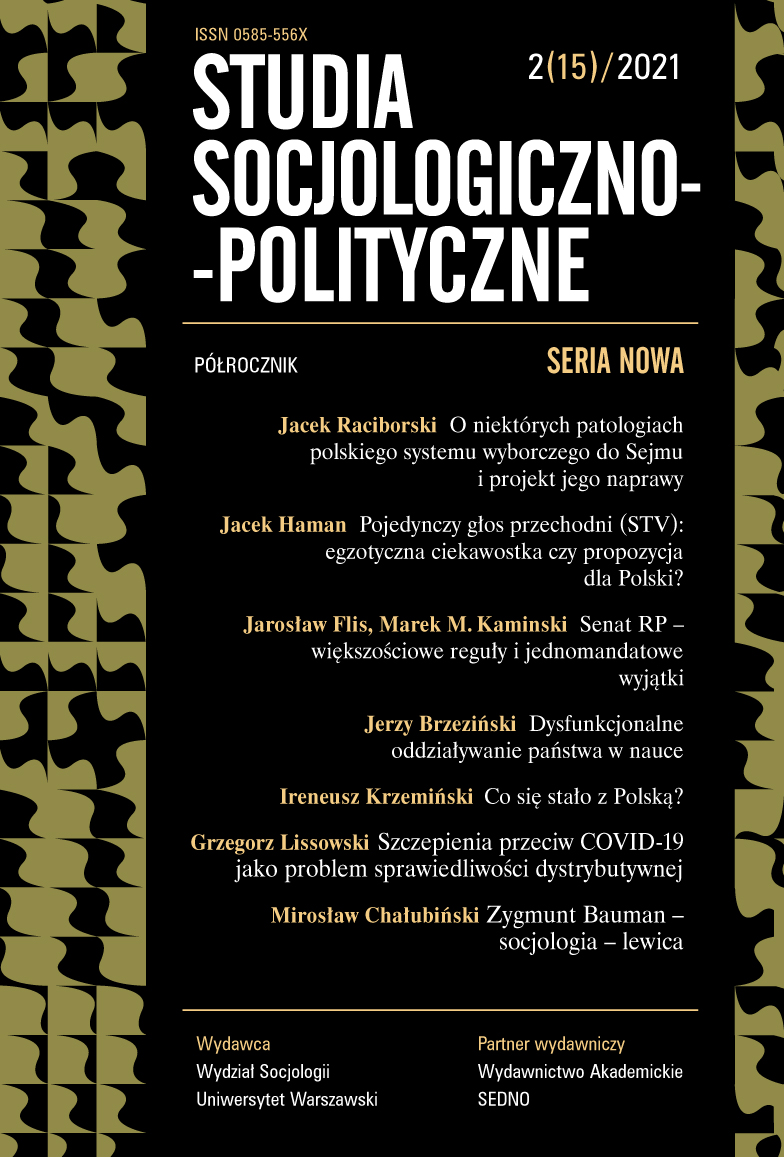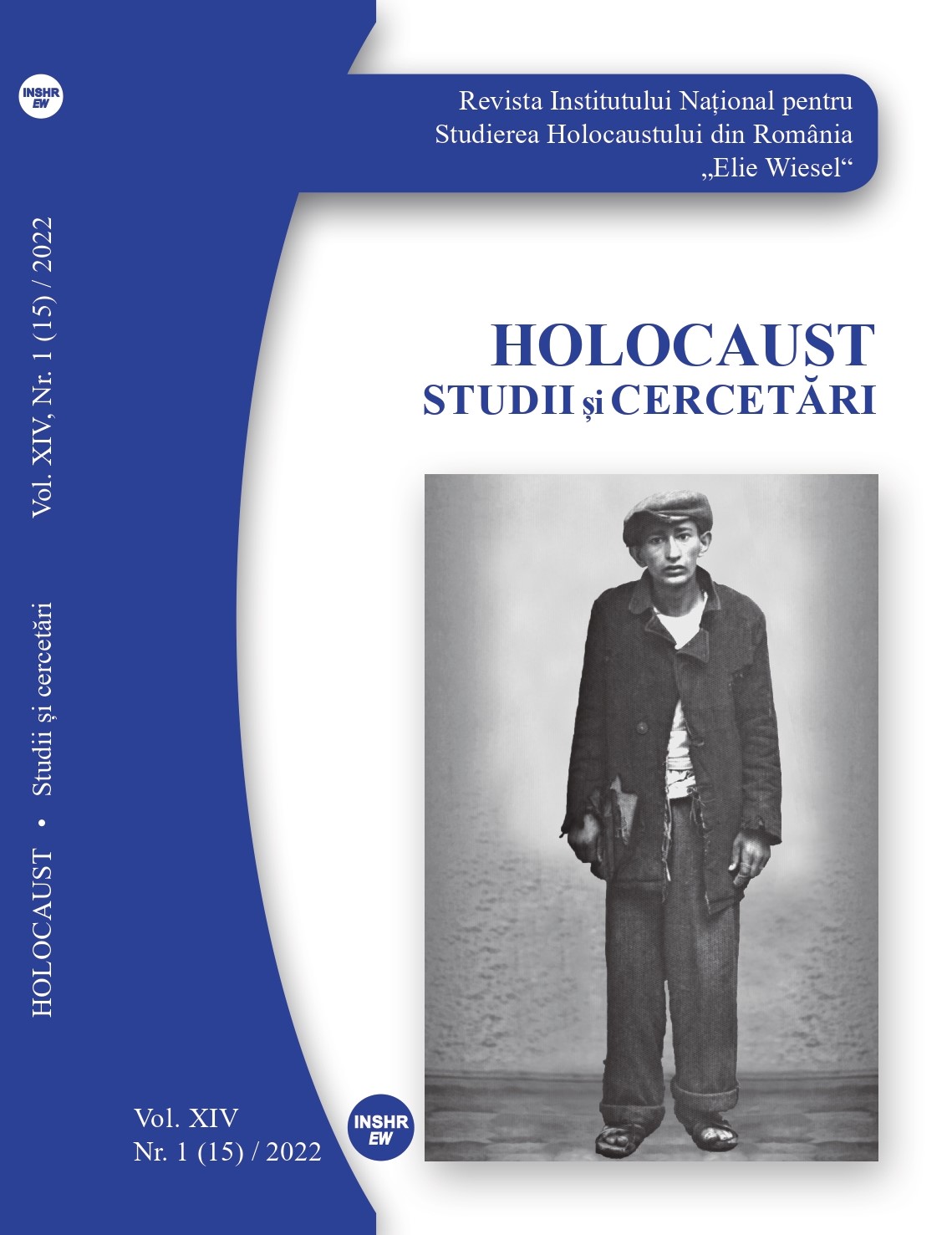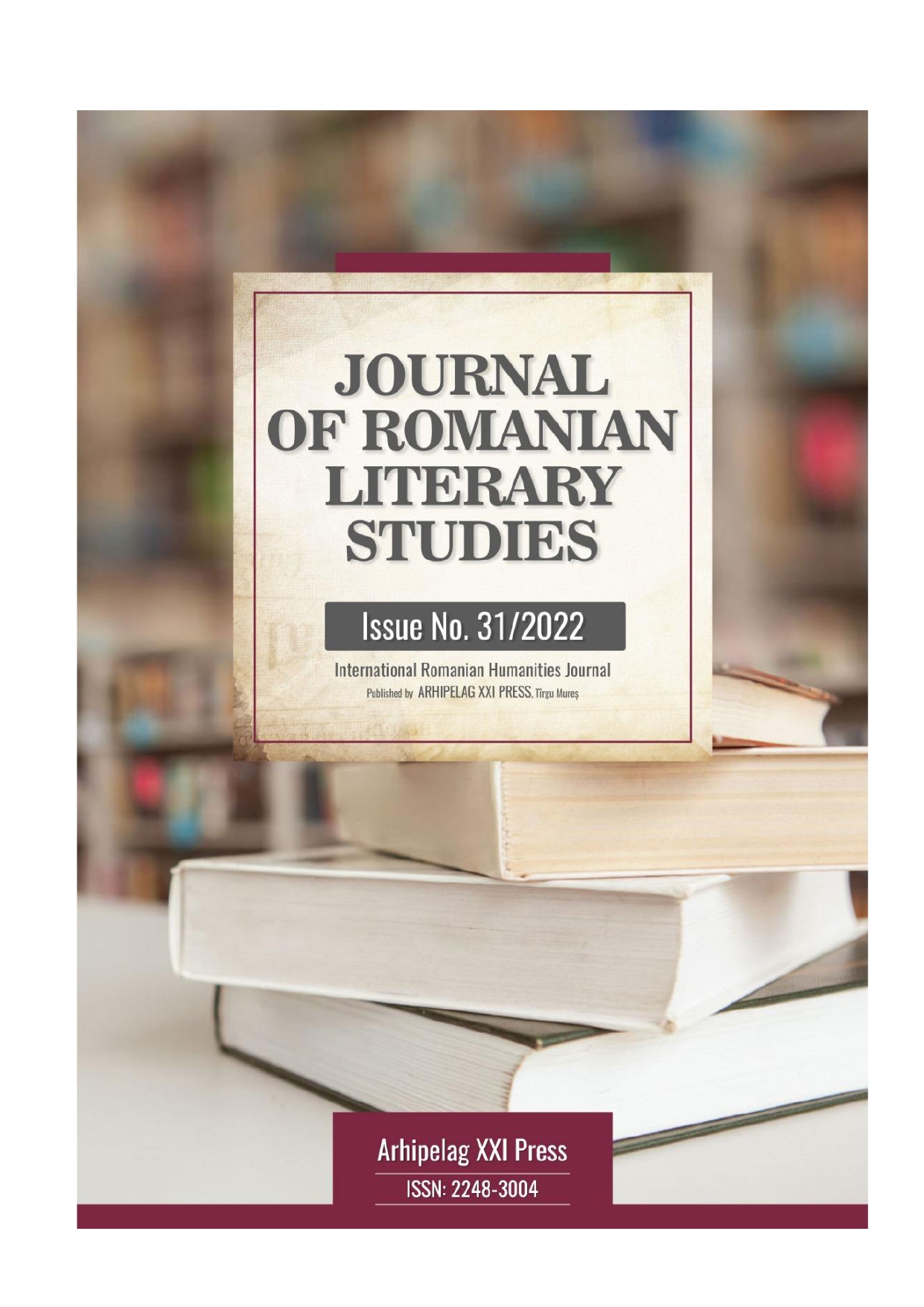Author(s): Andrzej Szeptycki / Language(s): English
Issue: 04/2021
This study analyses relations in the triangle Poland–Russia–Ukraine since 2004, bringing an insightful perspective to the realist concept of competition in international relations. For the last sixteen years, despite their unequal power, Poland and Russia have competed in Ukraine. This competition involves not only a fight for influence (quite limited in the case of Poland), but also in respect of the political and economic model that is to be implemented in Ukraine and its international identity. Poland wants Ukraine to become “European”: stable, democratic, and with a free market economy, to secure the eastern border of Poland, and to limit Ukraine’s dependence on Russia. This policy is executed both through bilateral cooperation and the Euro-Atlantic institutions, especially the European Union (EU). Russia, on the other hand, wants Ukraine to keep its post-Soviet identity. An authoritarian and corrupted Ukraine, remaining culturally a part of the “Russian world,” is perceived as guaranteeing Russian interests there, in particular in the context of the expansion of the North Atlantic Alliance and EU towards the East. For this reason, Russia aims at impeding the development of Polish–Ukrainian cooperation. Until 2014 Russia was largely successful in realizing its agenda thanks to the multiple channels of dependence existing between it and Ukraine. However, since the Revolution of Dignity and the beginning of the Russian war against Ukraine, the latter has engaged in a clearly discernible, though uncertain, path to Europeanization, which may favor the implementation of the Polish scenario for Ukraine.
More...
